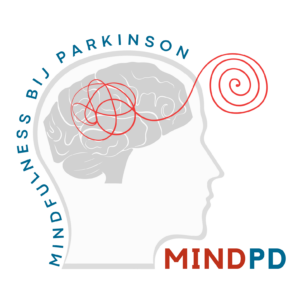Welcome to Systems Neurology
The Systems Neurology research group is based at the Donders Centre for Cognitive Neuroimaging at the Radboud University in Nijmegen, the Netherlands. Our goal is to understand the cerebral mechanisms that give rise to neurological diseases. The main focus is on movement disorders such as Parkinson’s disease, tremor, and dystonia. We aim to understand the pathophysiology of neurological symptoms, the mechanisms that underlie clinical differences in patients, and factors that modulate the expression of neurological symptoms.
Tremor
Tremor is a neurological movement disorders characterized by involuntary shaking of one or more body parts, often in rhythmic and oscillatory pattern.
Tremor can be a disease entity of its own or may be part of a movement disorder such as Parkinson’s disease. In the Systems Neurology group, we focus on the underlying mechanisms of tremor from a pathophysiological point of view.
To this end, we utilize electrophysiological, neuroimaging, and brain stimulation techniques as well as clinical data from patients. Our ultimate goal is to improve the treatment of this disabling symptom.
Stress
Stress is a normal physiological reaction, needed to anticipate threats. However, chronic stress can lead to psychiatric disorders like depression and anxiety.
In people with Parkinson’s disease, the prevalence of such disorders is exceptionally high and symptoms worsen in stressful situations. Also, animal models of Parkinson’s disease suggest that chronic stress accelerates disease progression.
In our research, we use fMRI to investigate the cerebral mechanisms underlying this increased stress-sensitivity in Parkinson’s disease. Also, we explore how reducing stress (pharmacologically and non-pharmacologically) affects Parkinson’s disease symptom progression.
Compensation
Neurodegenerative disorders such as Parkinson’s disease typically progress over very long periods of time.
As these disorders progress, brain network dysfunction becomes more and more pervasive, which drives the worsening of symptoms. However, given its neuroplastic properties, the disordered brain is able to adapt and alter the functioning of its networks in ways that counteract, or compensate for, pathological dysfunction.
The eventual decline of these compensatory mechanisms may be key to understanding symptom progression in neurodegenerative disorders.
Latest publications
News
On September 22 2025, Marlous Verhulst succesfully defended her PhD thesis The Brain Beyond Heartbeat | Neuroimaging the injured brain after cardiac arrest. The thesis can be found here.
Tremor in Parkinson’s disease – what are its characteristics and treatment options? Written by dr. Michiel Dirkx and dr. Rick Helmich. See link (in Dutch).
Do you want to join our research?
Wilt u deelnemen aan een van de onze lopende studies? Klik dan op onderstaande link ‘see how you can join’ voor meer informatie.
Are you a Bachelor or Master student and interested in joining our group for an internship? Or are you interested in joining our group as a PhD candidate or post-doctoral researcher? Click on ‘see how you can join’ for more information.


